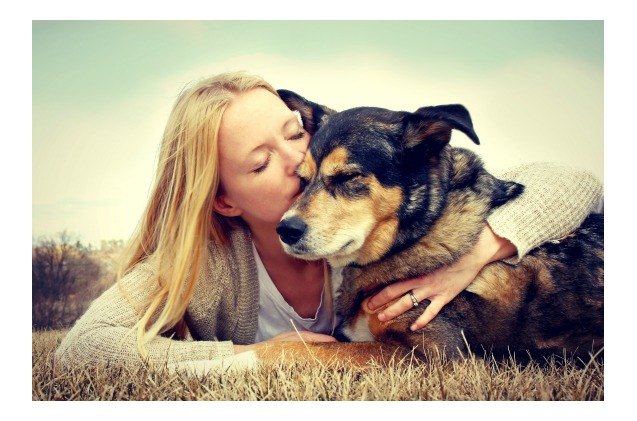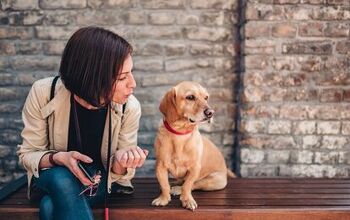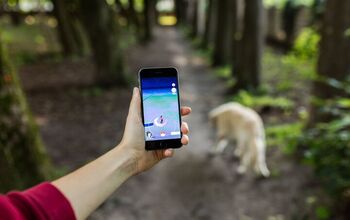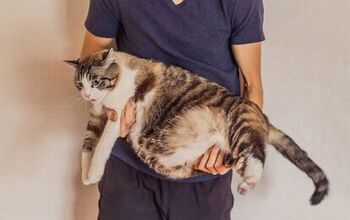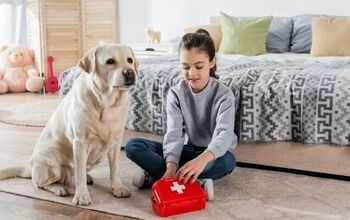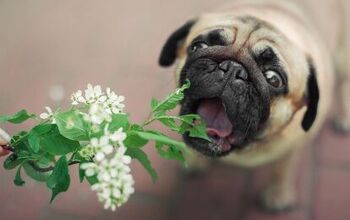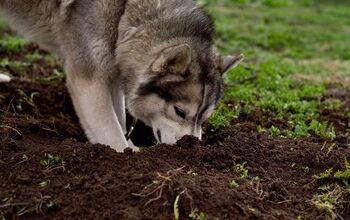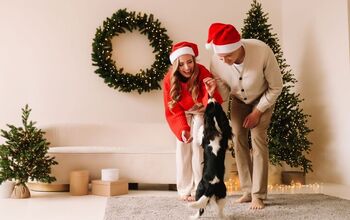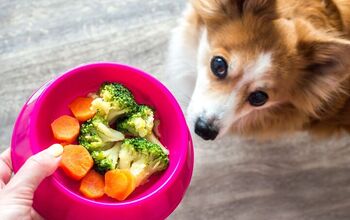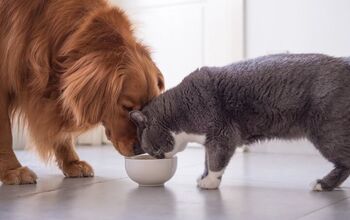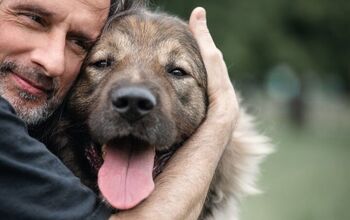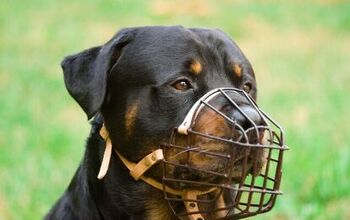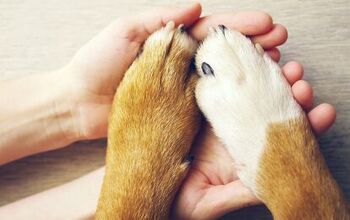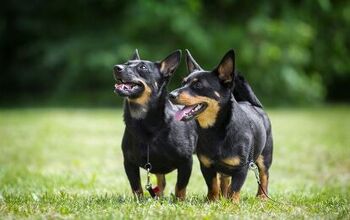The Magic Is Real: Why Science Says You And Your Dog Love Each Other S

When mothers are bearing children, their bodies use the hormone oxytocin to control aspects of childbirth and lactation. Oxytocin is a chemical messenger of the brain, and is highly involved in aspects of the process of reproduction–from ‘bonding’ with a mate to the brain signaling labor and then stimulating breasts for a mother to nurse her child.
Related: Oxytocin’s Role In Dog-Human Bonding May Lead To Autism Therapies
Oxytocin is also responsible for bonding with people–in good and bad situations–and is often called the ‘love hormone’ because it certainly is evident in relationships, attachment, bonding and human growth and development. Science has shown over and over how oxytocin affects dogs; in both labor and delivery as well as situations where relying on their human is a necessary function. Additionally, researchers have found that dogs tend to appreciate the smiles humans have because of oxytocin. It’s powerful stuff!
In humans, it’s even been found that simply petting dogs will raise oxytocin levels in humans and dogs (so when your pup comes over for a rub, give her one. She’s looking for love and you’re it!).
And since oxytocin is what makes humans love each other so much, it’s no surprise that it’s also what makes us love dogs (and they love us) in very similar ways that we do humans. Sometimes more, ahem.
Studies have looked at how simply interacting with your dog can increase the oxytocin level in both you and your dog–which is why you get so much pleasure and talk all that baby talk when they pull their puppy dog eyes on you. By the way, that baby talk also increases their oxytocin level, similarly to how it would with human babies, and that reinforces bonding, so goo-goo-gaga all you want.
And that’s why often, our pets really do *feel* like our children. The relationships we have with them parallel parental/child relationships, and invoke hormone production of oxytocin just as a human parent/child relationship would. It’s just as important for doggie mamas to nurture their babies as it is for humans, and oxytocin plays a big part in that bonding and nurturing relationship. Oxytocin helps us respond to those we feel rely on us and depend on us–and that’s why when they sit at their bowl at dinner time, you instantly feel the tug to feed them. Moreover, when you see a stray, because oxytocin strengthens memory–good and bad–you’re more likely to feel worse and compelled to do something because of the bond you’ve already established with your own dog(s). Studies have even shown when oxytocin isn’t present, mice mamas didn’t respond to their babies, but female mice who were not responsive to baby mice because they were not mothers *did* respond once they’d been injected with oxytocin. Yes, it’s the love hormone, but at a basic level, it’s a parental hormone.
Related: Is Losing Your Pet Harder Than Losing A Person?
Which is why someone tells you that, “It’s just a dog,” they’re basically ignorant of the science that says, “Yeah, but to me, she’s family.” Studies have shown that losing a pet is a traumatic event, one that typically processes better if one acknowledges, honors and even treats that grief as the life-impacting even that it is. Psychologists repeatedly emphasize that the loss of a pet is difficult for so many reasons similar to losing a human loved one, and that’s because the relationship is real.
The relationship is real, the love is real and the loss is real. So the next time someone acts like you’re cray-cray because you’ve bought your dogs Valentine’s Day gifts, tell them to check out the science…and leave you and your dog to love each other as you always have!

More by Lori Ennis



